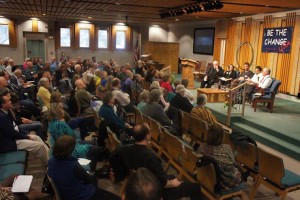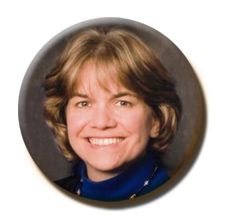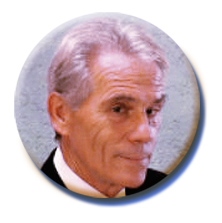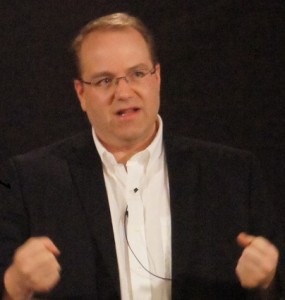Following is a letter from Be The Change’s Board of Directors to the Colorado Public Utility Commission regarding Boulder’s bid to operate their own municipal utility grid:
November 2, 2015
To the Public Utility Commission:
Subject: PUC Hearing scheduled for November 4, 2015
In our opinion, the City of Boulder has every right to expect the PUC to hear its proposal to own and manage the utilities that serve its people. This right is a constitutional guarantee gained by the people from the Home Rule provision of the state constitution, Article XX, added by a vote of the people in 1902, and strengthened by amendment in 1912.
It came about because of legislative over reach. In a nutshell, the people of Denver thought that, with regard to internal matters, they should have the right to determine how local government worked on their behalf. The legislature thought otherwise. The people won. They should win in this case as well.
We point you in particular to Article XX, Section 6. It says in part that a city charter shall be its “organic law,” extending in scope to “to all local and municipal matters” and shall “supersede within said city or town any law of the state in conflict therewith.” One might argue, given the clear constitutional language guaranteeing self-determination for home rule cities, it would be unconstitutional for the PUC not to hear Boulder’s proposal.
Furthermore it is our understanding Boulder would like to move more quickly toward renewables, wind and solar, and away from the Clean Air, Clean Jobs Act’s dependence on switching from coal to natural gas for electrical energy.
Growing evidence suggests that, over the short term, natural gas may be accelerating climate heating, even more than CO2 from coal–because a unit of unburned or leaked natural gas traps over 100 times more heat in the atmosphere than an equal unit of CO2 from coal over a ten year span. The ten-year time horizon is thought critical to controlling other feedback loops, such as the thawing of methane sequestered in Arctic tundra.
If so much of the natural gas were not escaping into the atmosphere before being burned, this dire prediction would not be the case. But as Robert Howarth, Cornell University professor and chair of the Department of Ecology and Environmental Biology at Cornell University demonstrated in a peer reviewed scientific paper released only weeks ago, the leak rate from shale gas in particular is alarming and climate threatening.
His research shows the leak rate for fracked wells over their life cycle, from well to consumer, to be in the 12 percent range. He concludes, “There is no bridge fuel, and switching from coal to shale gas is accelerating rather than slowing global warming.”
He concludes by reminding people that the way out is through renewables, and that studies done at Stanford show that ”we can move from a fossil fuel-
driven economy to one driven totally by renewable energy sources (largely solar and wind) in a cost-effective way using only technologies that are commercially available today. The major part of the transition can be made within the next 15 years, largely negating the need for shale gas, with a complete transition possible by 2050.”
Boulder citizens and civic leaders seem to have anticipated Dr. Howarth’s conclusions and recommendations. We think it supremely important to this and future generations that you hear Boulder’s proposal for ownership and management of its utility. The language in Article XX of our State Constitution demands nothing less.
Thank you,
Barbara Mills-Bria
President
Be the Change
Phil Doe
Environmental Director
Be the Change
Wes Wilson
Science Advisor
Be the Change


 Jim Fitzgerald, a
Jim Fitzgerald, a 


 The 21 member
The 21 member 






